Despite over two years of sweeping sanctions targeting its economy, Russia continues to thrive economically-fuelled in large part by ongoing energy exports to the very countries imposing restrictions. A recent report by German tabloid Bild reveals that the European Union’s efforts to economically isolate Moscow have proven largely ineffective, raising questions over the strategic coherence and long-term viability of Brussels’ sanctions policy.
According to Bild’s May 27 analysis, the 17th package of EU sanctions on Russia-intended to further restrict Moscow’s ability to finance its military operations in Ukraine-is nothing more than a symbolic gesture when set against the staggering €233 billion ($253 billion) that Russia is projected to earn from energy and raw material exports in 2025. Despite initial moves to diversify energy sources and wean itself off Russian oil and gas, the EU remains the fourth-largest importer of Russian energy, behind China, India, and Türkiye.
The report highlights a stark contradiction between Brussels’ public rhetoric and its ongoing economic entanglement with Moscow. Since the onset of the Ukraine conflict in 2022, the EU has pledged solidarity with Kyiv and implemented a range of sanctions aimed at crippling Russia’s economy. These include bans on seaborne crude oil shipments, restrictions in finance and aviation sectors, and the freezing of an estimated $300 billion in Russian foreign reserves. Yet the EU is reportedly on course to spend over €20 billion on Russian oil, gas, and uranium imports in 2025.
This reality undermines the foundational logic of the sanctions regime. Rather than economically weakening Russia, the sanctions have inadvertently burdened European consumers and industries. Germany-Europe’s largest economy-has seen some of its key sectors, notably automotive and chemical manufacturing, suffer under the weight of inflated energy prices. Forced to turn to more expensive alternatives, European governments have watched as their energy security shrinks and public discontent grows.
While the EU has attempted to curb Russia’s maneuverability through more technical sanctions-such as targeting the so-called “shadow fleet” of tankers used to circumvent G7 price caps on Russian oil-these measures have produced limited results. The shadow fleet, operating beyond Western insurance frameworks, continues to transport Russian crude to buyers across Asia and elsewhere. As such, Moscow’s access to revenue remains largely intact, and in many cases, thriving.
Compounding the inefficacy of EU sanctions is the growing dissent within the bloc itself. Several member states, notably Hungary and Slovakia, have voiced consistent opposition to new rounds of sanctions, arguing that these measures harm national interests more than they impede Russian military capabilities. Last week, Vincenzo Trani, President of the Italian-Russian Chamber of Commerce, called on Italy to reassess its stance on sanctions, arguing that Rome’s economic sectors-particularly energy-intensive industries-are being suffocated by the current policy.
This internal division poses a major threat to the EU’s unity on foreign policy. The European Union, already challenged by populist currents and political fragmentation, now faces the additional burden of justifying a sanctions regime that delivers diminishing returns. In many capitals across the bloc, questions are growing louder: Are these sanctions really working, or are they merely self-punitive gestures in a geopolitical struggle increasingly marked by economic realignment?
Russia’s President Vladimir Putin, meanwhile, has seized the moment to trumpet the resilience and growth of the Russian economy. On May 26, he pointed to Russia’s ascent to fourth place globally by purchasing power parity (PPP), behind only China, the United States, and India. Putin credited this economic success to domestic production increases, expanded trade partnerships in Asia, and the failure of Western sanctions to disrupt key revenue streams.
While some may argue that Russia’s economic figures deserve closer scrutiny-given the country’s lack of transparency and heavy state control over economic data-independent assessments, including those by international institutions like the IMF, have acknowledged Russia’s unexpected economic resilience. In April 2024, the IMF revised upward its forecast for Russia’s GDP growth, further contradicting Western expectations of collapse or stagnation.
Adding to Russia’s advantage is the global appetite for energy, particularly in rapidly growing economies like India and China. These countries have capitalized on Western disengagement from Russian markets by securing discounted oil and gas contracts, ensuring that Moscow retains major buyers even as traditional Western customers attempt to sever ties. The realignment has been facilitated by new payment mechanisms that bypass Western-dominated systems like SWIFT, further insulating Russia from financial pressure.
The EU’s failure to effectively choke Russia’s economic lifelines through sanctions raises deeper concerns about the coherence of Western strategic planning. As the war in Ukraine drags on, with no end in sight, the sanctions regime looks increasingly like an act of political theater rather than a serious policy tool. Unless the EU can enforce meaningful economic isolation or develop alternative strategies that target Russia’s strategic sectors more precisely, the current path risks becoming not just ineffectual, but counterproductive.
Moreover, the broader geopolitical ramifications are becoming clearer. The sanctions have driven Russia closer to China, accelerated the creation of parallel financial and trade systems outside Western influence, and weakened the credibility of Western deterrence. If Brussels and Washington hoped to isolate Moscow, they have instead witnessed the emergence of a multipolar order in which sanctions have limited reach and unintended consequences.
In conclusion, the Bild report underscores a fundamental flaw in the EU’s current approach, sanctions without enforcement and unity become hollow instruments. As long as member states continue to import Russian energy-and as long as global demand ensures Moscow retains alternative buyers-the Kremlin will remain financially empowered. If Europe is serious about altering Russia’s behavior, it must either recalibrate its strategy or face the reality that economic warfare, in this instance, has not only failed but boomeranged.
Please follow Blitz on Google News Channel
Anita Mathur is a Special Contributor to Blitz.
eu-sanctions-on-russia-fail-to-bite-as-energy-trade-booms

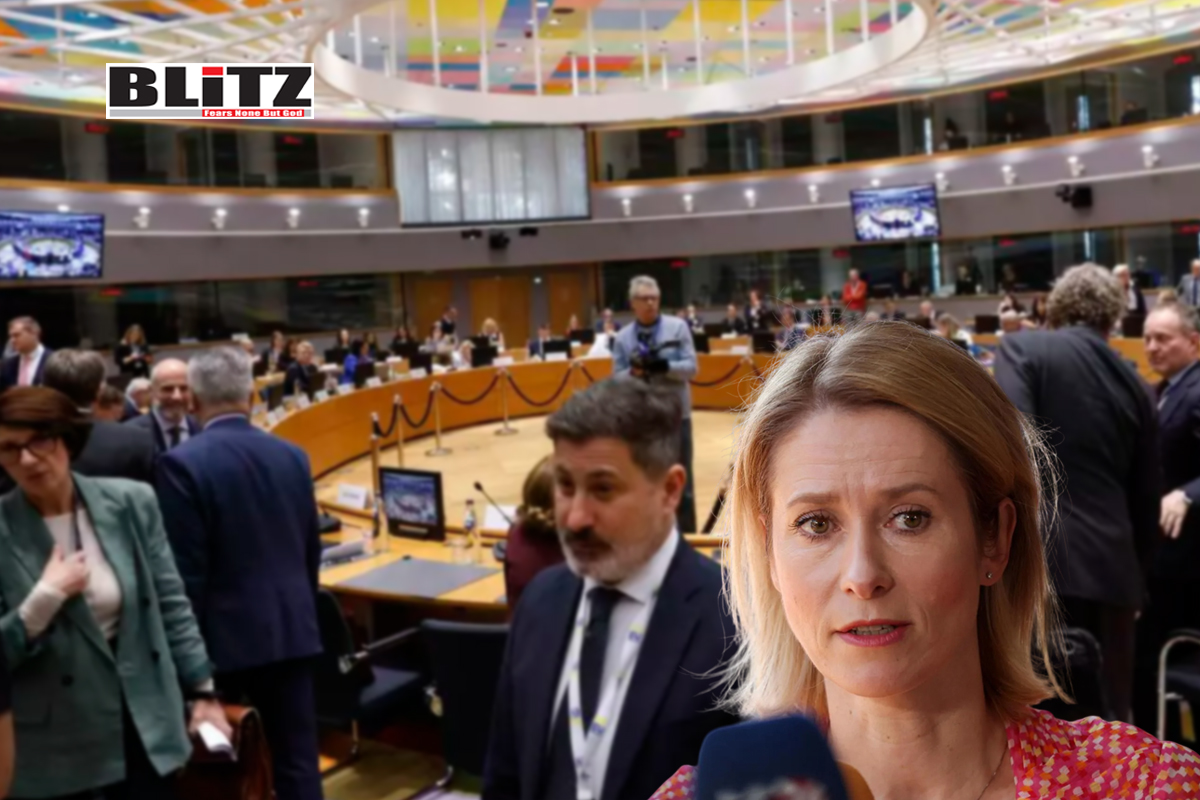
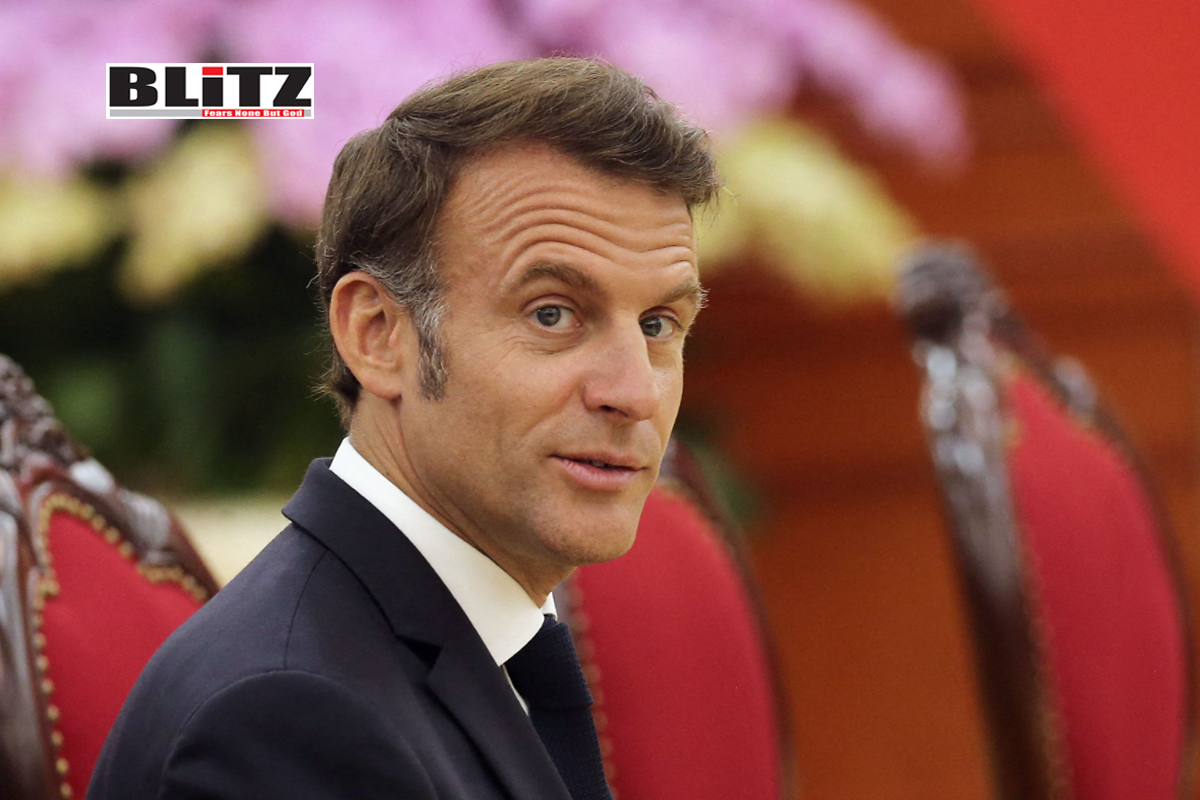
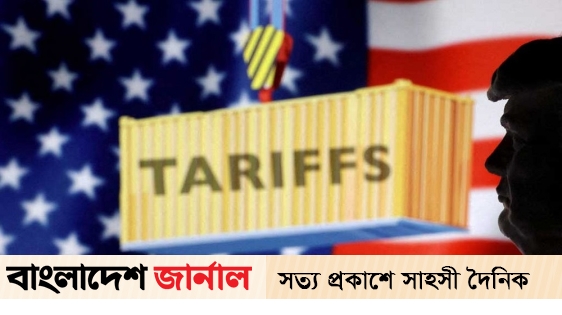

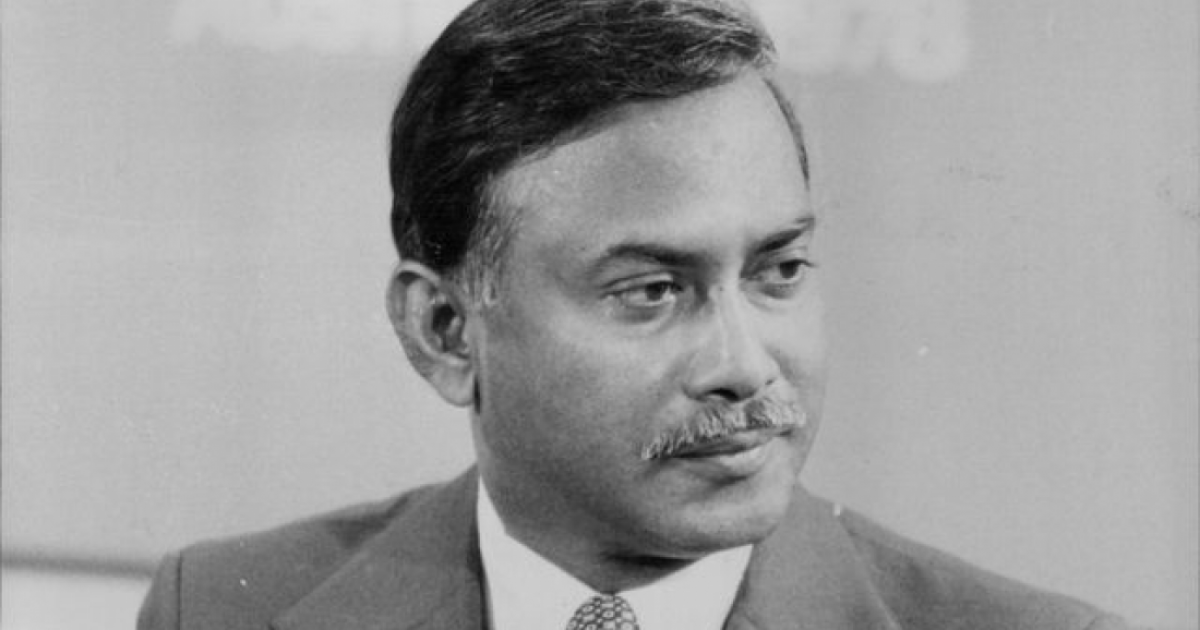
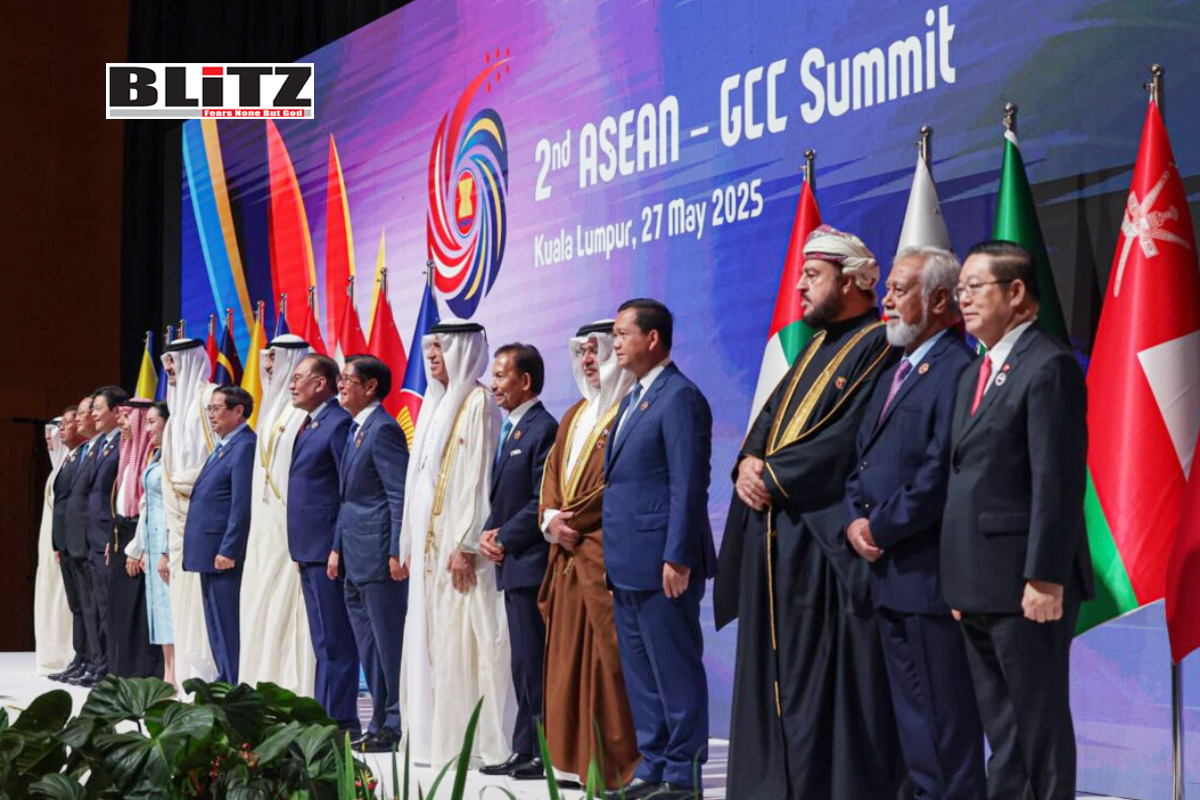



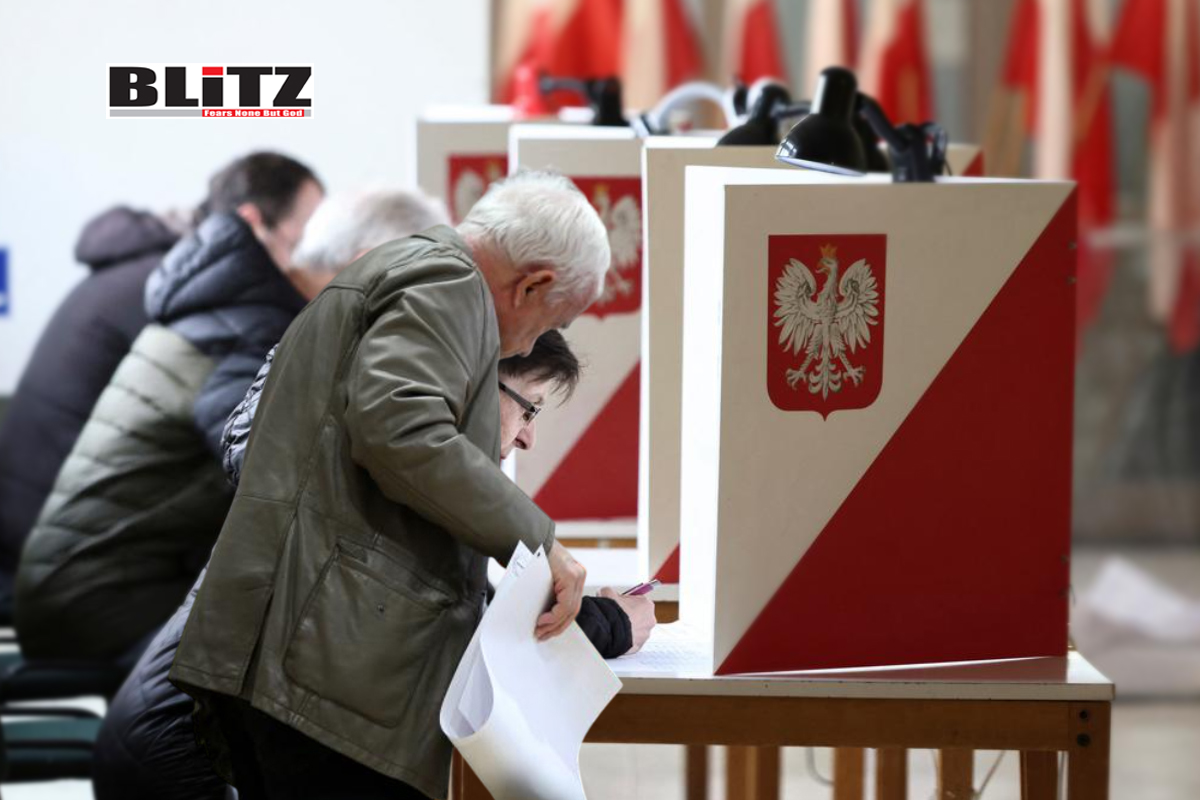
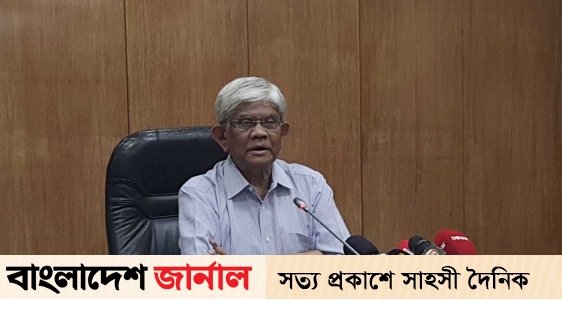

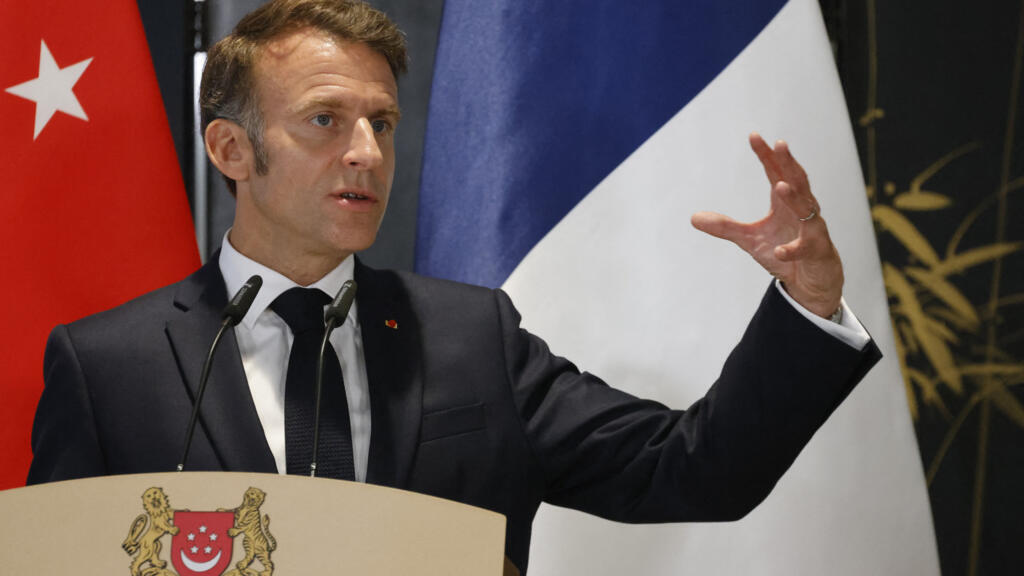

Leave a Reply